Digestive Health
Most Googled Questions On GERD Answered By An Apollo Expert
3 min read
By Dr Hitendra K Garg, Sr Consultant, Gastroenterology, Therapeutic Endoscopy & Transplant Hepatology, Apollo Hospitals Indraprastha, New Delhi - 01 August 2022, Updated on - 24 November 2022
Share this article
0
1 like
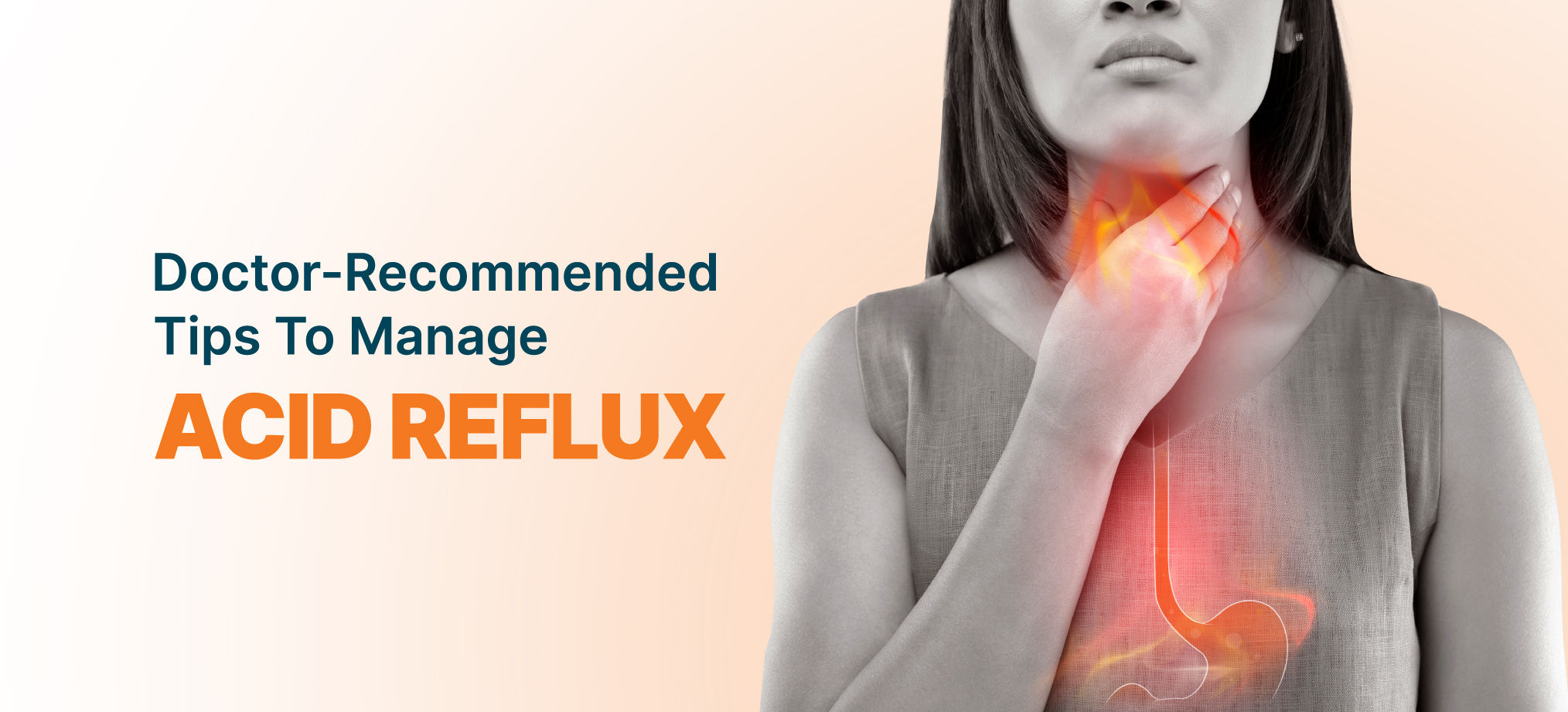
Given the amount of cooking oil and spices used in Indian cuisines, acidic burps, especially after a heavy meal, are pretty common among Indians. However, if these burps get frequent, they may indicate a digestive disorder known as Gastroesophageal reflux disease (GERD). But what is GERD? Here are the 10 most commonly asked questions associated with GERD, answered by none other than Dr Hitendra K Garg, Sr Consultant, Gastroenterology, Therapeutic Endoscopy & Transplant Hepatology, Apollo Hospitals Indraprastha, New Delhi.
1. How do I know I have GERD?
Ans: People suffering from GERD may experience a burning sensation in their chest (heartburn), usually after eating, which might get worse at night. Along with this, GERD may result in chest pain, difficulty in swallowing, regurgitation of food or sour liquid and a feeling of a lump in the throat.
2. What causes GERD?
Ans: Some of the lifestyle issues responsible for triggering GERD include:
- Being overweight
- Overeating
- Consuming excess caffeine and alcohol
- Smoking
- Eating chocolate and spicy foods

3. Is there any difference between heartburn and acid reflux disease?
Ans: While reflux is the medical term given to the event of stomach contents coming up into your oesophagus, heartburn is a burning pain experienced in the middle of the chest. Both reflux and heartburn are symptoms of GERD.
4. What are the symptoms and side effects of GERD?
Ans: The most common symptoms of GERD include:
- Heartburn
- Regurgitation (food comes back into your mouth from the oesophagus)
- The feeling of food caught in the throat
- Coughing
- Chest pain
- Difficulty in swallowing
- Vomiting
- Sore throat
- Hoarseness
If not treated, GERD can result in severe side effects or complications. Some of which include:
- Esophagitis (inflammation or ulcer in the oesophagus),
- Barrett’s oesophagus (premalignant condition)
- Stricture (narrowing of the oesophageal lumen)
- Oesophageal carcinoma (cancer)
5. What tests and diagnostics should I undergo to understand if I have GERD?
Ans: Usually, tests like Upper GI Endoscopy and Impedance PH metry are used to confirm the diagnosis of GERD.
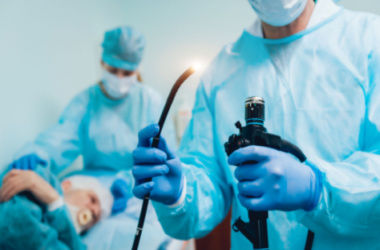
6. Is GERD curable? If so, how?
Ans: Yes! With lifestyle modifications and some medications, GERD can be managed efficiently. Measures that may help are:
- Quit smoking and alcohol consumption
- Avoid eating spicy foods
- Limit the intake of tea or coffee
- Consume small frequent meals and avoid overeating
- Exercise regularly to avoid obesity
- Sleep 2 hours after consuming any meal
- Elevate the head of the bed to 15 to 20 degrees
Medications such as Proton pump inhibitor, H2 receptor inhibitor, Prokinetics, and antacids may also help manage the symptoms.

7. Is Proton Pump Inhibitor (PPI) a good form of treatment for GERD?
Ans: Yes, Proton Pump Inhibitors (PPIs) can help manage the symptoms of GERD effectively by reducing stomach acid.
8. Can I take PPIs with other medications? Are there any side effects?
Ans: Usually PPIs are fairly safe to be used with other drugs, however, some people may experience side effects such as headache, osteopenia (reduced bone density), rashes, and diarrhoea.
9. What should I eat and not eat if I have GERD?
Ans:
Food to avoid in GERD:
- Spicy food
- Caffeinated drinks like tea and coffee
- Citric foods like tomatoes, lemons, oranges and pineapple
Foods to eat in GERD:
- High fibre, whole-grain foods such as oatmeal, and brown rice
- Root vegetables such as sweet potatoes, carrots and beets
- Green vegetables such as asparagus, broccoli and green beans
10. Can smoking or consuming alcohol exaggerate my GERD issues?
Ans: Yes! Alcohol consumption and tobacco smoking reduce the pressure in the lower oesophageal sphincter, which increases acid reflux and worsens other symptoms of GERD.
If you experience frequent acidic burps or are diagnosed with GERD,
Digestive Health
Leave Comment
Recommended for you
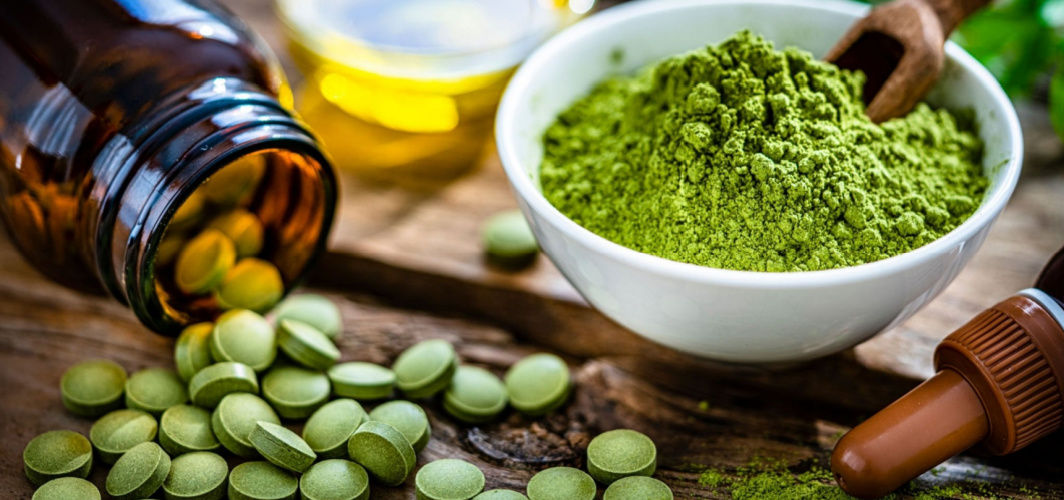
Digestive Health
Constipation Treatment: Best Herbal Supplements That Can Bring Relief
Constipation is not only painful but can also affect your daily life. Read to know easy remedies for constipation and natural pills for constipation treatment.
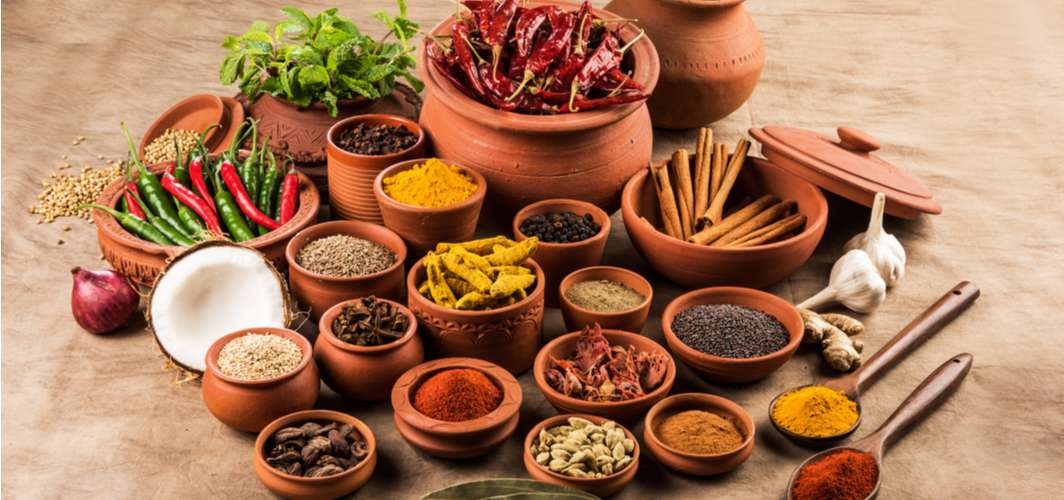
Digestive Health
Are Spicy Foods Healthy for Digestion?
Several recent studies reveal that spices are good for digestive health and have various other health-promoting properties.

Digestive Health
Home Remedies for Gas, Bloating, and Acidity
Acidity, gas and bloating are common gastro problems that can make your daily life uncomfortable. Following effective home remedies can help you out with these problems.
Subscribe
Sign up for our free Health Library Daily Newsletter
Get doctor-approved health tips, news, and more.
Visual Stories
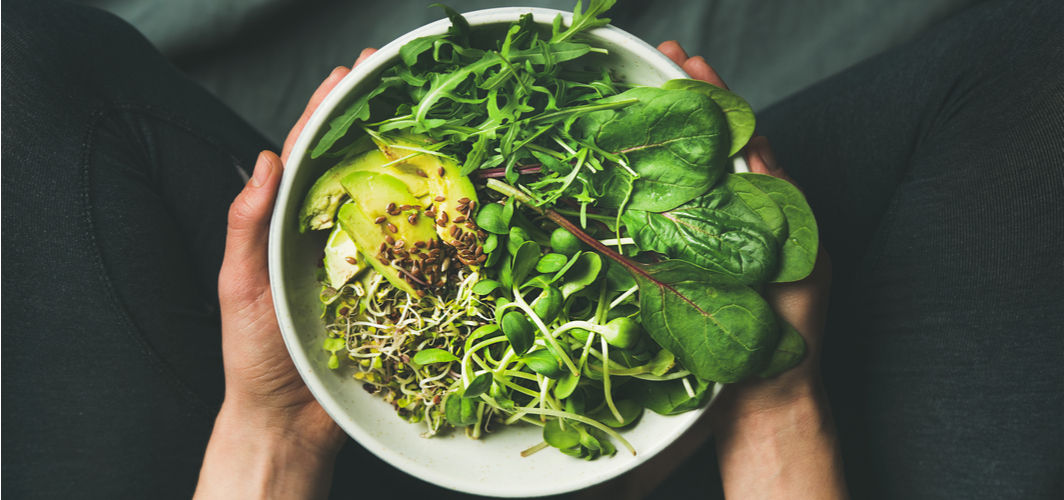
Hidden Health Benefits in a Bowl of Salad
Tap to continue exploring
Recommended for you

Digestive Health
Constipation Treatment: Best Herbal Supplements That Can Bring Relief
Constipation is not only painful but can also affect your daily life. Read to know easy remedies for constipation and natural pills for constipation treatment.

Digestive Health
Are Spicy Foods Healthy for Digestion?
Several recent studies reveal that spices are good for digestive health and have various other health-promoting properties.

Digestive Health
Home Remedies for Gas, Bloating, and Acidity
Acidity, gas and bloating are common gastro problems that can make your daily life uncomfortable. Following effective home remedies can help you out with these problems.